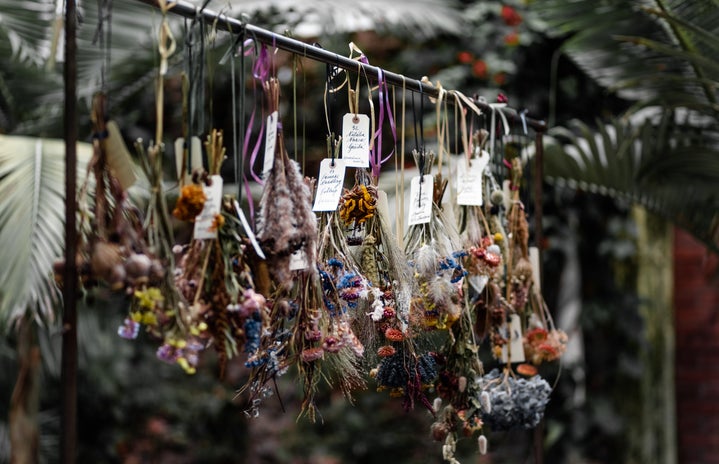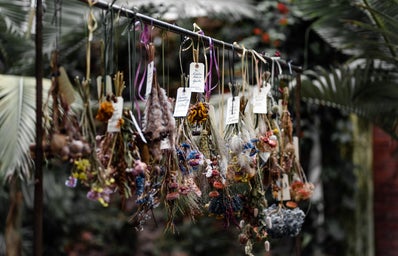We’ve all been there: it’s Valentine’s and you are unable to escape the couples who are anywhere and everywhere the eye can see. No hate to them- it is a day to celebrate love- but we also need to have a serious conversation about the flower industry. Valentine’s day is one of the busiest days of the year for the flower industry as sales reach a skyrocketing high. Despite the massive sales, the workers actually cultivating these flowers are met with a much different reality. In spite of the beauty flowers may have, their cost is quite appalling.
Depending on where your flowers are coming from, you may be contributing to the continued corruption of the flower industry. To start, many flower workers are met with incremental pay, sometimes as little as 80 cents an hour. Most of these workers are women employed in Colombia, as outsourcing has allowed an increase of production at the expense of lowering the cost of production through lower wages for workers. These women work closely among pesticides -up to around 127 different kinds- many of which are banned in other countries such as the United States. These pesticides cause irreversible and life-changing damages including neurological damage, leukemia, miscarriages, sterility, and much more equally devastating damages. These women are not given a single type of protective gear to block them from the deadly pesticides.
If you’ve seen Love, Women, and Flowers (and if you haven’t please take some time to view it) you will know many of the women working in this industry also work while being pregnant. Knowing that pesticides cause sterility and miscarriages, it’s not surprising that these pregnant women working to produce flowers are putting their lives -and their children- at risk to survive. From the outside we must realize options are scarce, and a job is better than no job as money is better than no many, no matter what the costs. These flower workers are also no strangers to disrespect, sexual harassment, and assault within the workplace. On top of this, there is little to no job security. With development and globalization, industries are allowed to impose short-term contracts to meet high quotas which lack any form of health insurance, maternity leave, or pension.
The inhumane and shocking realities of the flower industry are seemingly endless and invisible to the global eye; don’t even get me started on the environmental damage involved. I know it’s a tough pill to swallow, who doesn’t love a beautiful bouquet of flowers, ya know? But we have to ask the important questions. Is this flower worth equivalent to someone’s life? How is it that this bouquet’s price may exceed the entire day’s wage these women work strenuously to earn?
Now, I am not saying all flowers are bad. If they are locally produced, the risks of those flowers being linked to inhumane working conditions are much lower than if they have been produced farther away, allowing room for inequality, lack of safety, and corruption to squeeze in. So, next time you decide to buy flowers, check and see where they came from, opt for a local flower producer, go to the farmers market, and buy seasonal flowers. This Valentine’s Day try to urge others to stray from buying imported flowers and moreover, rather than feeling blue for not getting flowers on this capitalist day, celebrate NOT getting them instead.
Sources: Love, Women, and Flowers
To help, sign this petition:
https://actionnetwork.org/letters/support-the-rights-of-flower-workers-in-colombia
To learn more visit:


